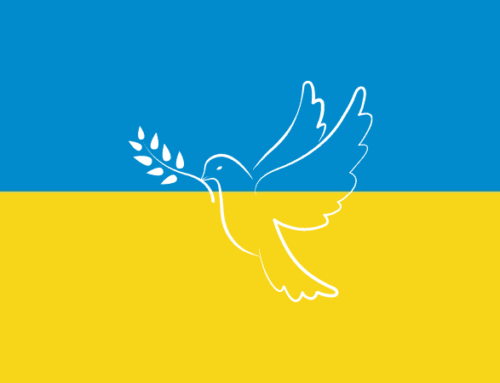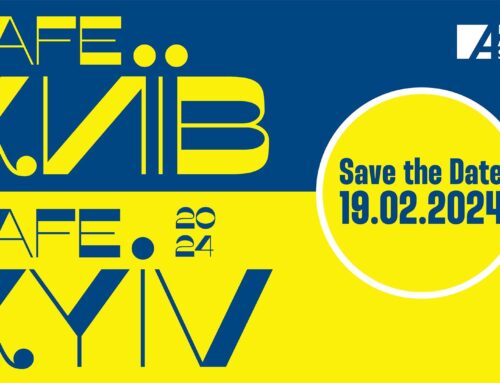Monitoring the case of Atroshchenko S.P., Zolotarev A.V., Kobak I.V.

On April 29, 2020, a hearing was held in the Moscow District Court of Kharkov in case No. 643/13126/18 on charges of Atroshchenko Sergey Pavlovich, Zolotarev Artem Vladimirovich, Kobak Ivan Vladimirovich.
The defendants are suspected of organizing explosions and arson of the pharmacy chains “911” and “Wholesale prices pharmacy” in Kharkov. The indictment entered the Moscow District Court of Kharkov on September 14, 2018.
During the trial, the prosecutor attached some evidence to the case file.
In fact, the whole court session was reduced to the fact that the prosecutor read out the names of the attached documents. After that, the lawyers and the accused expressed their position regarding the evidence.
Acts of the Ministry of Justice of Ukraine, recommendations of the UN Monitoring Mission for Human Rights focus on the need to establish close cooperation with the judiciary on the possibility of holding court hearings mainly in the form of video-conference.
At the hearing on April 29 there were a panel of judges, a prosecutor, three lawyers, a representative of the victim, three accused and a convoy. In the current situation, when COVID-19 cases are recorded in the pre-trial detention center, only video conferences can ensure the safety of individuals.
As provided for by Art. 336 of the Code of Criminal Procedure of Ukraine, judicial proceedings may be carried out by videoconference during broadcasting from another premises, including those located outside the courthouse (remote judicial proceedings), in the event of: 1) the impossibility of direct participation of a participant in criminal proceedings in hearing for health reasons or other valid reasons; 2) the need to ensure the safety of persons; 3) the interrogation of a minor witness or a victim; 4) the need for such measures to ensure the speed of judicial proceedings; 5) the presence of other grounds determined by the court sufficient. The court decides on the implementation of remote judicial proceedings on its own initiative or at the request of a party or other participant in the criminal proceedings. If the party to the criminal proceedings or the victim objects to the implementation of the remote trial, the court can decide on its implementation only by a reasoned determination, justifying the decision. The court does not have the right to decide on the implementation of remote trial, in which the accused is outside the courthouse, if he objects to this.
We do not know whether the issue of holding a hearing in the video-conference mode was raised. However, on the example of this case, the International Society for Human Rights focuses on the fact that the safety of the accused and the situation in the pre-trial detention center in many respects depends on the position of the court regarding the holding of court hearings by videoconference. And in today’s conditions, the petition of a party to criminal proceedings is not necessary for this. The court can initiate such a regime on its own, because human life and health are the highest value.
This proceeding was chosen by the International Society for Human Rights in connection with the complication of the process of monitoring compliance with the right to a fair trial during the quarantine period. The next hearing will be held on May 17, 2020.







Leave A Comment